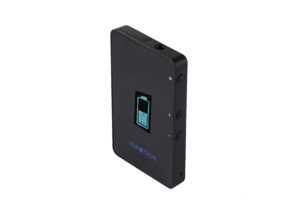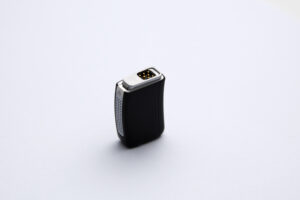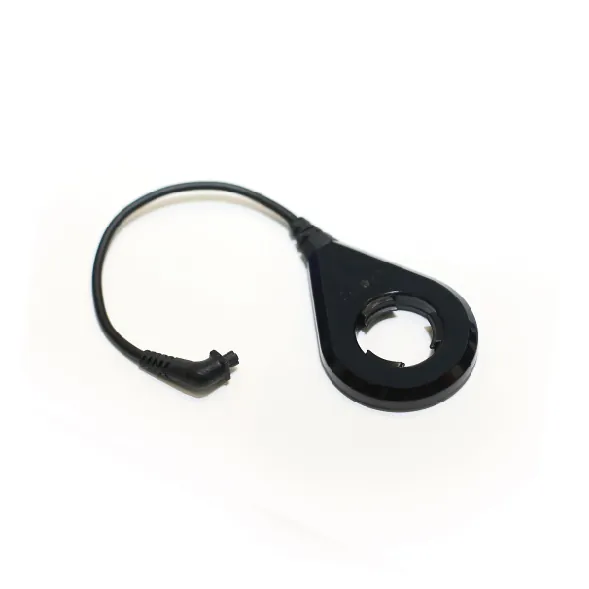
According to recent statistics, approximately 466 million people worldwide experience disabling hearing loss, a number projected to rise significantly in the coming decades. Among various solutions available for this condition, cochlear implants have emerged as a transformative technology that not only enhances auditory perception but also integrates with accessories designed to improve user experience. However, the legal and regulatory frameworks governing these devices are complex and multifaceted.
Understanding Accessories Cochlear Implants: A Legal Perspective
The accessories associated with cochlear implants encompass a range of products designed to enhance functionality and usability for individuals with hearing impairments. Legally speaking, these devices must comply with stringent regulations set forth by health authorities such as the FDA in the United States or CE marking requirements in Europe. These regulations ensure safety and efficacy while addressing ethical considerations surrounding patient rights and informed consent. Furthermore, companies producing these accessories are often required to adhere to Ethical Conduct and Corporate Policies that promote transparency, accountability, and respect for consumer welfare.
Nurotron’s Approach to Ethical Conduct and Corporate Policies
Nurotron Technology Co., Ltd., a prominent player in the field of cochlear implant technology, exemplifies commitment towards ethical conduct within its corporate policies. The company emphasizes adherence to international standards regarding product safety while actively engaging stakeholders through transparent communication practices. Nurotron’s corporate governance framework includes rigorous compliance mechanisms aimed at preventing unethical practices such as misrepresentation of clinical data or exploitation of vulnerable populations seeking auditory rehabilitation solutions.
Characteristics of Cochlear Implant CI System under Ethical Conduct and Corporate Policies

- Transparency: Companies must disclose all relevant information about their products’ performance metrics during clinical trials.
- User-Centric Design: Development processes prioritize user feedback ensuring accessibility features meet diverse needs.
- Sustainability Practices: Manufacturers are encouraged to adopt environmentally friendly production methods minimizing waste generation.
- Cultural Sensitivity: Marketing strategies should reflect an understanding of cultural differences affecting perceptions around disability aids.
- Pursuit of Innovation: Continuous investment into research ensures advancements align with ethical guidelines promoting equitable access across demographics.
A Concluding Reflection on Accessories Cochlear Implants
The exploration into accessories cochlear implants reveals significant insights concerning their legal status intertwined with ethical obligations imposed on manufacturers like Nurotron. As we navigate this evolving landscape marked by technological innovation alongside increasing scrutiny over corporate ethics, it becomes imperative that stakeholders remain vigilant about upholding principles that safeguard both consumer interests and public trust within healthcare systems globally.
Click cochlear implant CI system.
